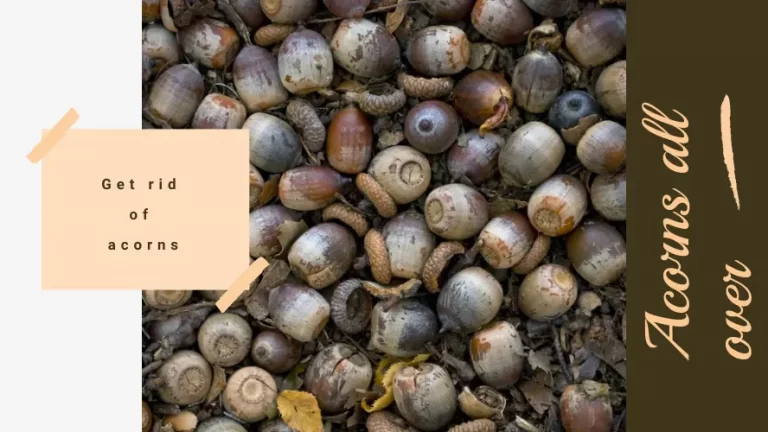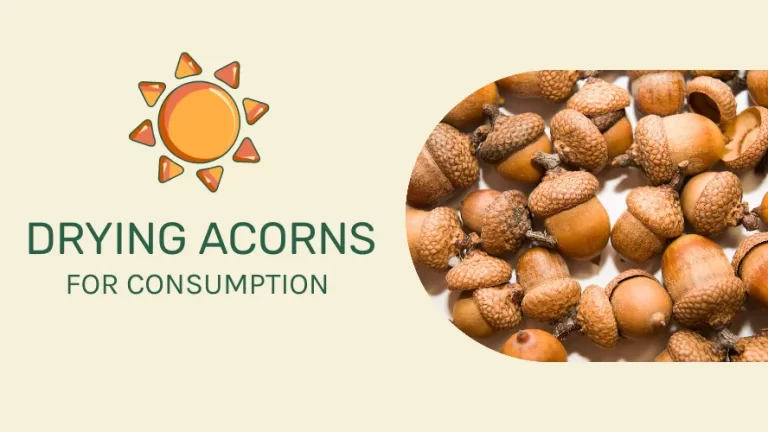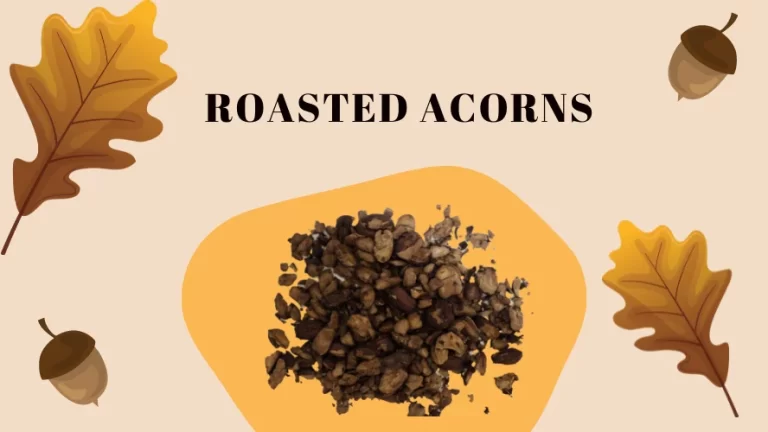The Acorn Float Test: Should Acorns Sink or Float?

Determining if acorns are good or bad is usually done by verifying if they float or sink. But I am sure you also heard this is some old urban legend.
Some people are looking for the answer to this question because they want to germinate acorns without wasting their time on “duds.”
This is a complex question that requires a bit of horticultural expertise. Let’s get to the core of why acorns might sink or float.
How to Do the Acorn Float Test?
The acorn float test is extremely easy to perform. To do it, you put the acorns in water and see if they sink or float. If they still have the cap on, remove it before testing them, as it could affect the results.

Use only a few acorns at a time, as too many of them could make it more challenging to observe the results. A good way of determining if you have a good amount is by using enough nuts to cover the surface of the container you’re using. A bowl or a plastic basin works well. Leave it for a few minutes and observe what happens.
Are Acorns Supposed to Sink or Float?
The answer might leave you as rattled as an acorn in a squirrel’s nest! That’s because the answer is both. The difference will determine whether you have good or bad acorns on your hands.
According to Iowa State University, acorns will either sink or float based on their soundness. In fact, the “float test” is the best way to determine if an acorn is sound if you’re attempting to germinate acorns.
Sound, viable acorns will sink, meaning that an acorn that skips right to the bottom of a bucket is a good option for germination.
Does that mean floating acorns are bad?
Floating is a strong indicator that an acorn is not viable. When you identify an acorn that floats, it should be separated from the other nuts and discarded.
Why Is the Float Test Important for Acorns?
What does sinking have to do with acorn viability? It’s really a matter of testing an acorn’s weight. Acorns are highly susceptible to drying out. Once one has dried out, its ability to grow into a seedling is dramatically hindered. This is where we get back to the float test.
The extra air inside dried acorns makes them more likely to float. The density of viable acorns makes them more likely to sink.
Even though the float test isn’t 100% accurate, it’s a good rule to follow if you want to increase your chances of harvesting viable acorns instead of wasting your time on unfruitful ones. You can now share this knowledge with others without worrying that you’re just repeating an old wives’ tale!
Conclusion
In the end, the sinking test is a good thing to know when you are unsure if a particular acorn is good for germination. But remember that it should not be used as the only technique when it comes to picking good nuts. Your main priority should be to follow some good practices when gathering acorns, which will reduce the chances of having bad nuts.





